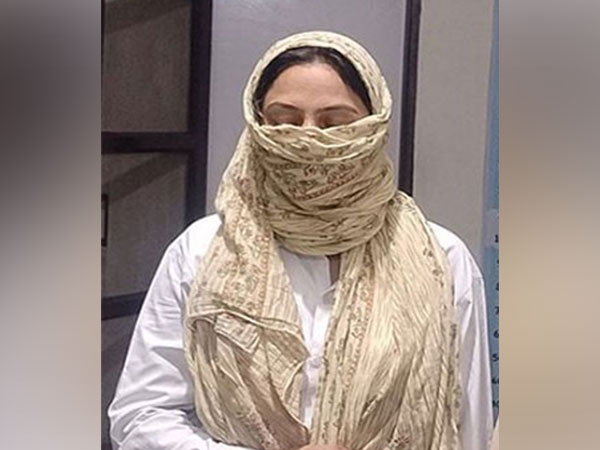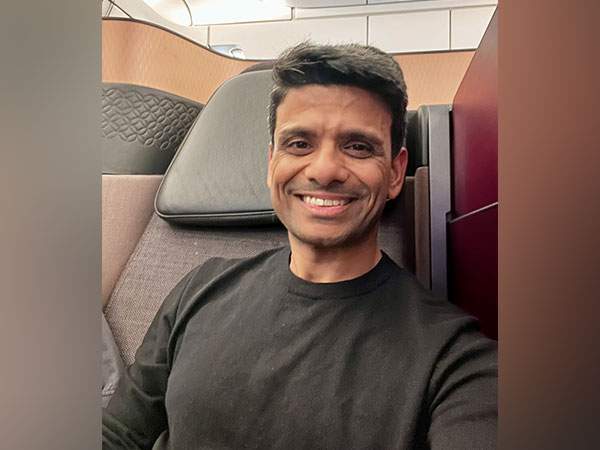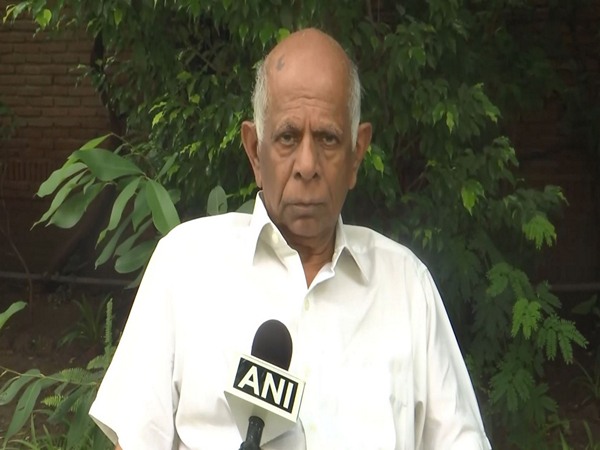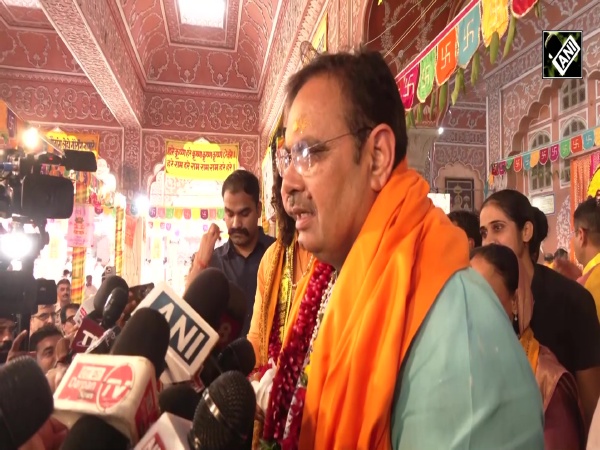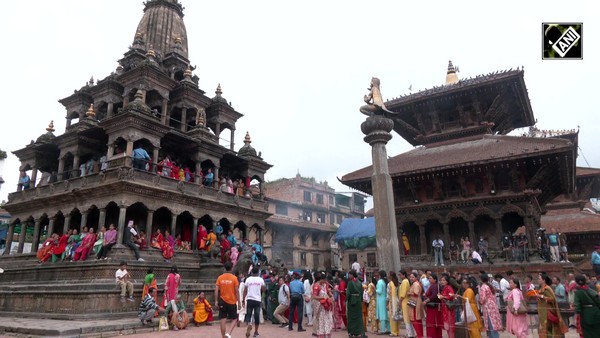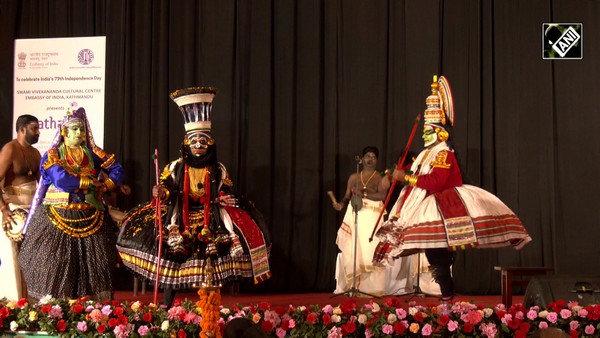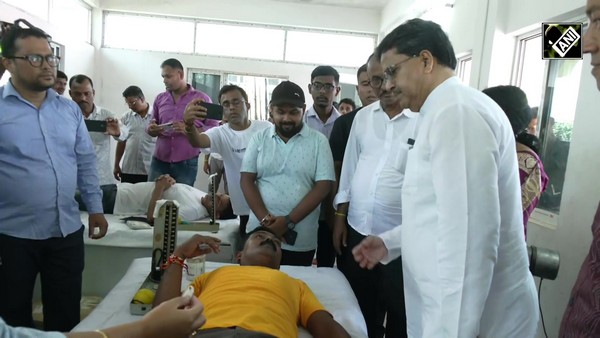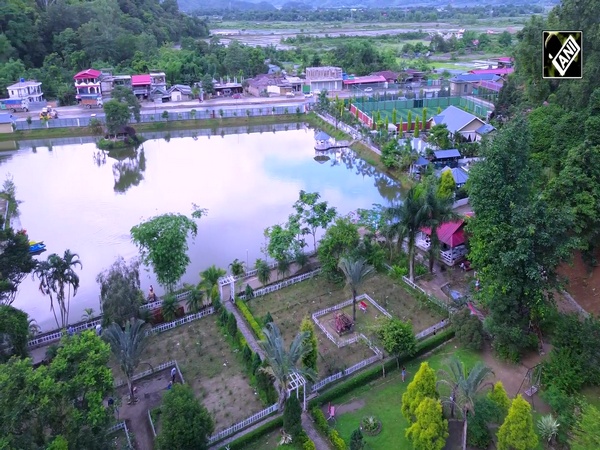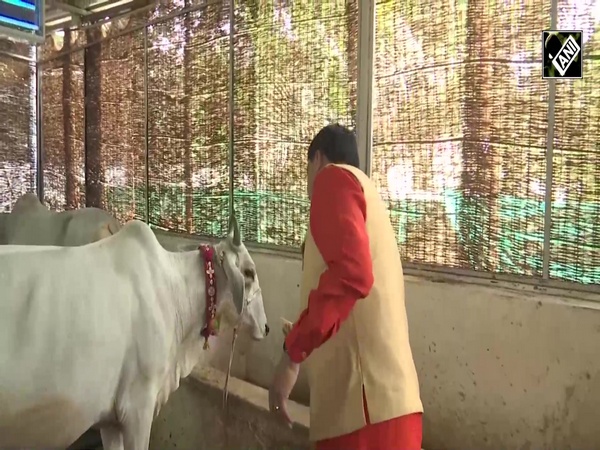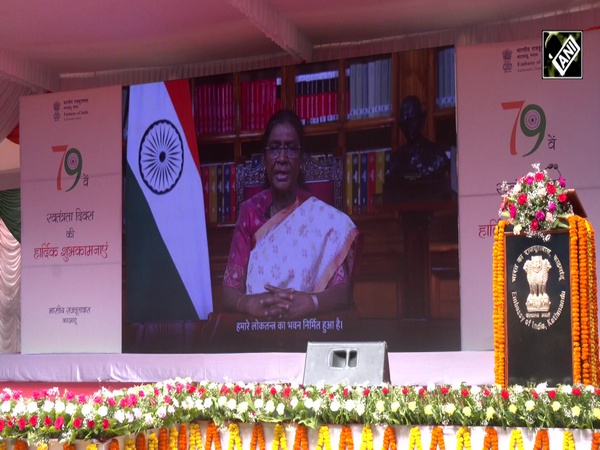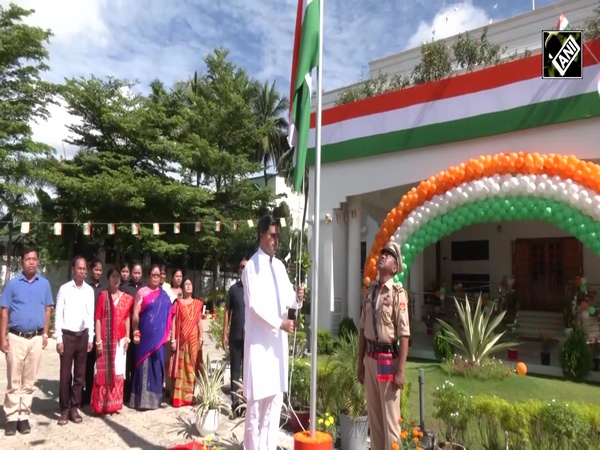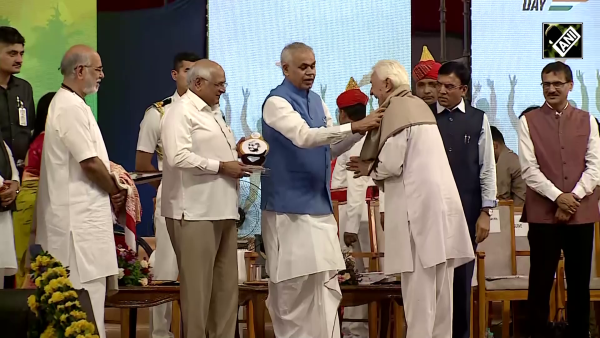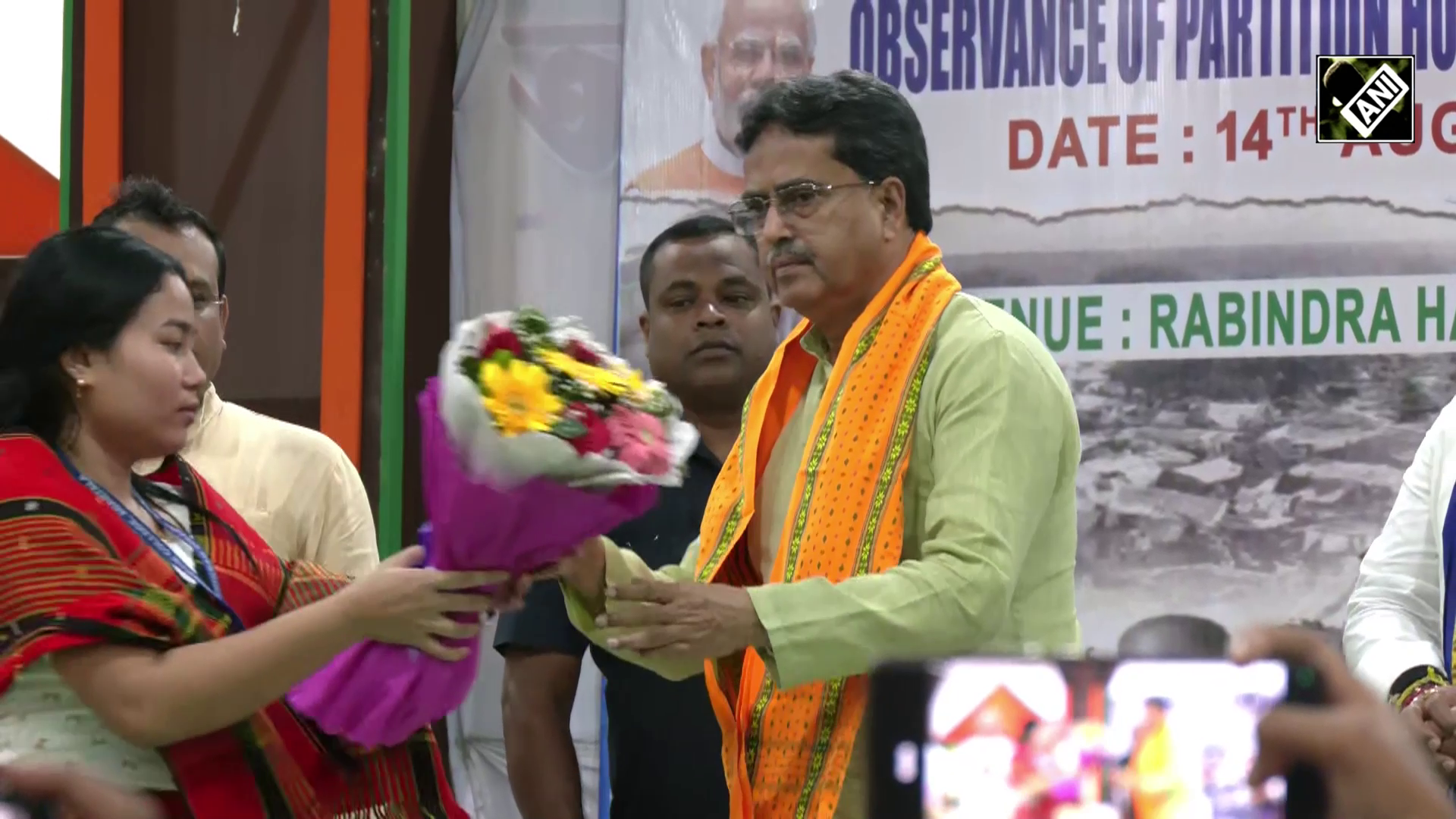No need to panic as govt taking significant measures to tackle Monkeypox: NITI Aayog member VK Paul
Jul 26, 2022

By Shalini Bhardwaj
New Delhi [India], July 26 : Four cases of monkeypox have been reported in India but there is absolutely no need for any panic as the government has taken significant measures to keep the disease in check, said Niti Aayog member Dr VK Paul.
In an exclusive interview with ANI, the NITI Aayog's member (health) sought to assert that there was no need for any undue panic but added that it was still important that the country and the society stay vigilant.
There is no need to panic, as of now, but one must report in time if they spot any symptoms, he said. After four confirmed cases of Monkeypox infection were reported in the country, India is on an alert even as the count of infections some other countries has risen.
The number of monkeypox cases in the United States has reportedly climbed to 3,487.
"Our disease surveillance system has been energised more to investigate such cases. The situation is under control, no reason to worry and panic," Paul said.
The senior NITI Aayog functionary also listed a series of measures that the country has taken to curb the spread of the malady. He said that systems were being put in place at airports to identify possible infection in those arriving from foreign shores.
Laboratories were also being readied to detect monkeypox cases. "We have built a sufficient diagnostic system of 15 laboratories," Paul added.
He said that discussions were taking place between the Centre, states and UTs regarding measures to prevent any outbreak.
"We have to play responsibly. In case any individual contracts some symptoms, they should come for diagnosis. We have already issued the guidelines through which individuals can be taken care of after they come forward and report it," he added.
The NITI Aayog member said that there are almost 16-17,000 monkeypox cases in 75 countries around the world. India also has reported four cases and one suspected case is also under investigation, he added.
"The symptoms of this viral disease begin typically after contact with another person, it doesn't happen without the exposure. It starts with fever, body ache, loss of energy, weakness, lymph nodes in the neck (submandibular and cervical) may swell up and is followed in a few days time by rashes and blisters on the palms, feet, genital organs and on the face, like in smallpox."
Paul said that often the patient is infected through nasal or mouth secretion and pus that comes out from these blisters. "Anyone who comes in close contact or shares the bed of the infected person is also at risk and can also transmit this infection. If the patient coughs, the transmitted droplets can also be the source of infection," he said.
The NITI Aayog official, however, emphasized avoiding self-medication. "Don't go for self-medication, not only for Monkeypox but any disease with similar symptoms, as it could be serious," he said.
Paul also said that mortality was rare when it came to monkeypox. People who are getting treatment for cancer, HIV or any other immunocompromised stage need to be more careful, he added.
When asked about the impact of the disease on pregnant women and children, Paul said if they have come in contact with an infected person, there is a chance that they could get seriously infected.

